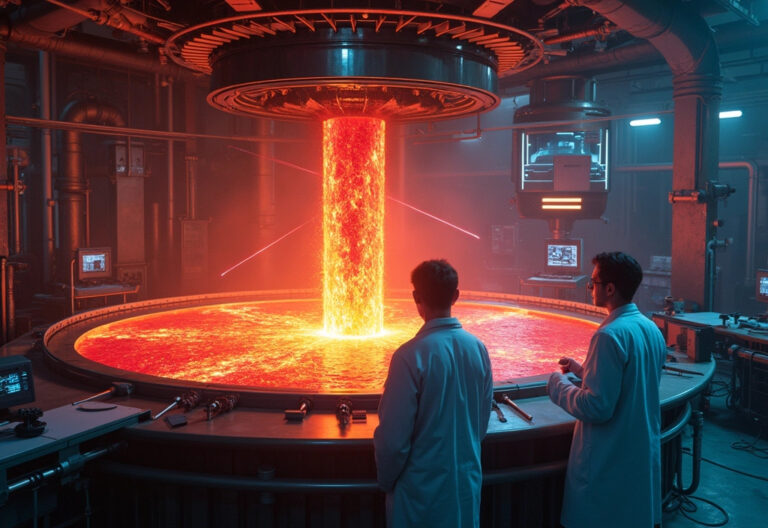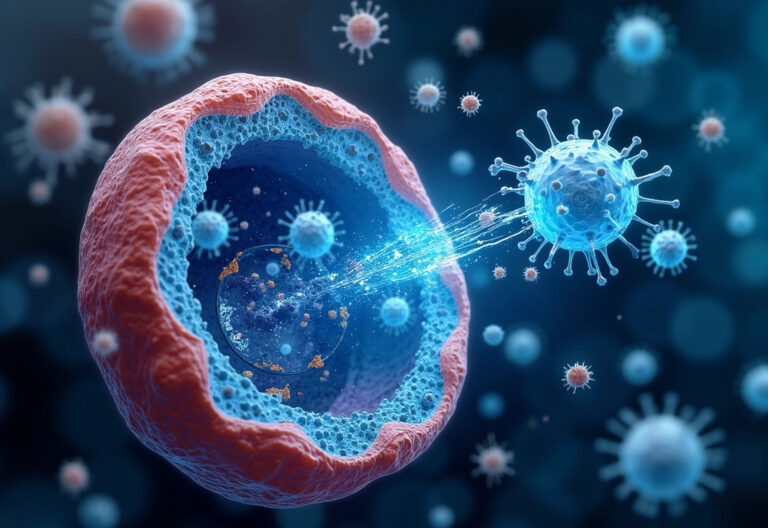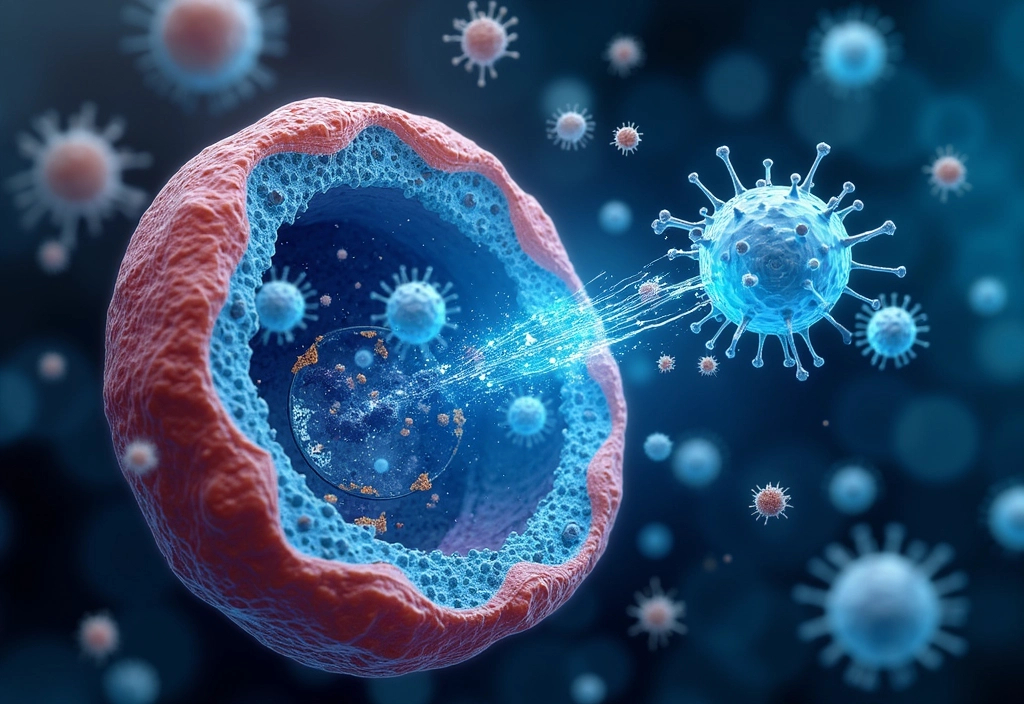Think of your body like a community of tiny machines (cells). When someone passes away, most people believe everything stops working. But new science shows that certain cells, like those in our skin, keep “talking” to each other and doing their jobs for hours or even days after the person is gone! This discovery is important because it means doctors might one day use these cells to help people heal faster or even grow new tissues. Scientists call it “postmortem resilience,” and it’s like some cells don’t realize they’re supposed to stop working.
The Biological Landscape of Death
Exploring Cellular Mechanisms
At the core of organismal death lies a cascade of cellular events. Science has revealed that certain cellular pathways trigger death, ensuring that the organism’s demise is not chaotic but a well-orchestrated process.
- Programmed Cell Death: Often referred to as apoptosis, programmed cell death is a common mechanism through which cells orderly dismantle themselves, playing a critical role during development and maintaining health by removing damaged cells.
- Necrosis: Unlike apoptosis, necrosis is a form of traumatic cell death resulting from factors like injury or infection, leading to an inflammatory response.
These mechanisms highlight the complexity within our biology and signify the fine balance nature maintains between life and death.
Genetic Determinants
Genetics also plays a pivotal role in lifespan and death. Research indicates that certain genes are directly involved in managing how and when an organism dies.
- Telomeres and Aging: The shortening of telomeres, the protective caps on chromosome ends, is closely linked with aging, influencing the life cycle of cells.
Sidebar: The Longevity Connection
Genetic interventions delaying cellular death could offer insights into longevity and age-related diseases. These findings pave the path for medical advancements targeting lifespan extension.
Societal and Ethical Implications
Redefining Death in Modern Medicine
As medical technologies advance, the line between life and death becomes increasingly blurred, raising ethical questions.
- Brain Death and Legal Definitions: Brain death, a criterion for declaring death in many jurisdictions, is under constant scrutiny as it often clashes with traditional and cultural understandings of death.
- Emerging resuscitation techniques could potentially redefine legal and medical perspectives of death pointing to a need for revisiting ethical and policy frameworks.
Psychological and Social Effects
Understanding organismal death isn’t merely scientific; it also holds profound societal significance. Grief, loss, and cultural rituals surrounding death impact social structures and mental health.
- Cultural Perspectives: Different cultures view and handle death distinctively, affecting social dynamics and mental resilience.
Personal Reflection
In dealing with personal loss, a profound understanding of these biological and social aspects can offer solace, guiding us in navigating this inevitable part of life with grace and awareness.
Future Frontiers in Death Research
Innovations in Research and Technology
Scientific advancements are continuously expanding our understanding of organismal death, offering possibilities that were once purely speculative.
- Cryopreservation and Revival: Breakthroughs in cryonics are exploring the potential to preserve and possibly revive organisms, redefining the boundaries of life and death.
- Biotechnological Interventions: Genetic engineering and biotechnologies might one day manipulate biological processes governing death, altering disease outcomes and lifespan.
“Though once regarded as the final frontier, new technological insights into organismal death are shifting paradigms, inviting both opportunity and caution as we navigate ethical landscapes.”
Interdisciplinary Approaches
Bringing together biology, technology, philosophy, and ethics can foster comprehensive insights into death, potentially leading to revolutionary discoveries and practices.
Conclusion
The enigma of organismal death continues to unravel through concerted scientific efforts, offering not only answers but also provoking deeper questions. It challenges our perceptions and poses ethical, social, and philosophical inquiries that necessitate dialogue and reflection. As we move forward, embracing these complexities with an open mind can enhance our appreciation for the delicate balance of life and death—a balance that, while mysterious, remains an integral part of our existence. Whether considering advances in technology or redefining societal norms around dying, the journey of understanding death promises to illuminate paths we have yet to imagine.
Article derived from: Noble, P. A., Pozhitkov, A., Singh, K., Woods, E., Liu, C., Levin, M., Javan, G., Wan, J., Abouhashem, A. S., Mathew-Steiner, S. S., & Sen, C. K. (2024). Unraveling the enigma of organismal death: insights, implications, and frontiers. Physiology, 39(5), 000. https://doi.org/10.1152/physiol.00004.2024
Check out the NewsWade Youtube Video.
















